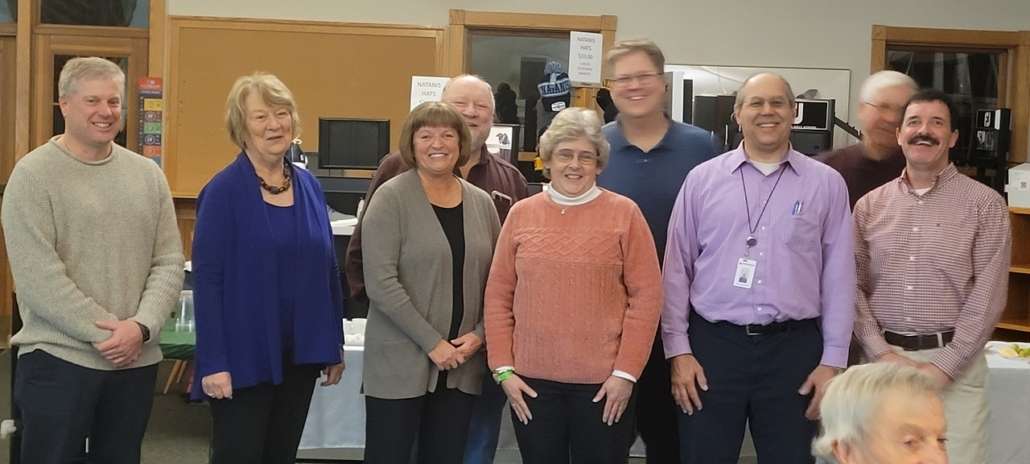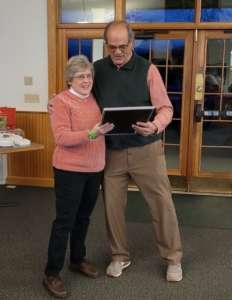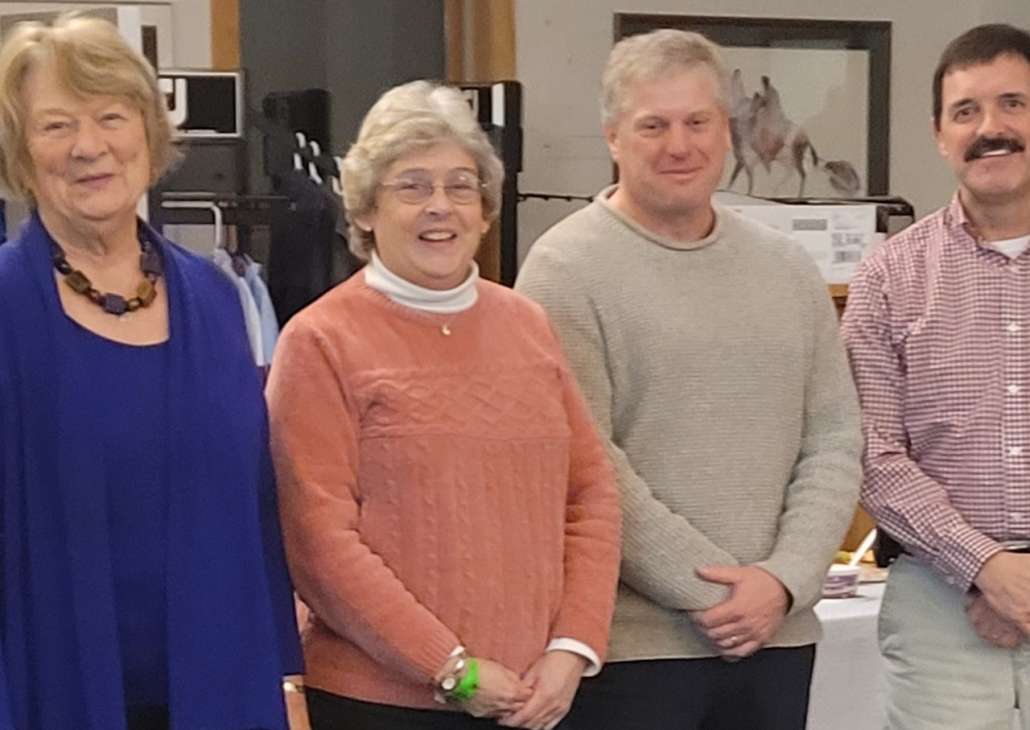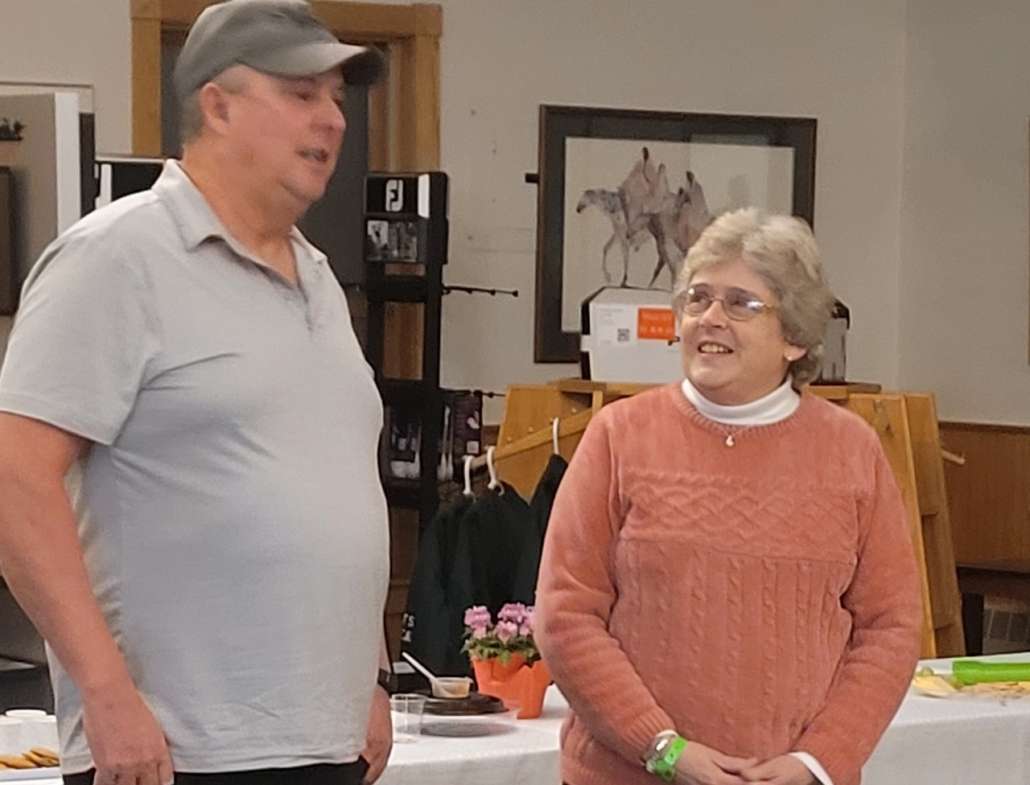Tim and Heather Dutton want to reopen the former East Vassalboro Corner Store, beginning with pizza and sandwiches and adding local products (garden produce and crafts, for example) if business goes well.
Everyone who spoke at the Jan. 3 Vassalboro Planning Board meeting wanted them to reopen it, too, including those who wondered whether they could meet local ordinance requirements.
The principal problem that might make it impossible to grant a local permit is that the building is so close to Main Street (Route 32) on its east and Bog Road on its south that room for safe parking is extremely limited.
Neighbor Ben Gidney reminded board members of various traffic and parking issues before the previous store closed. But, he told the Duttons, “I’m all for your store.”
Tim Dutton said the edge of the Route 32 right of way, which extends 33 feet from the center line, is inside the building. He had consulted informally with Maine Department of Transportation engineer (and Vassalboro resident) David Allen about parking and related issues.
Dutton proposed three diagonal spaces along the front of the store. Gidney and board member Paul Mitnik objected. People parking in diagonal spaces would have to back out into Route 32 traffic, not the safest maneuver even in a 25-mile-an-hour zone; and their cars would block the view north as drivers came out of Bog Road.
Board member Douglas Phillips suggested two parallel parking spaces might fit.
Additional parking is available west of the store, off Bog Road, but planning board members needed more information about how much space Dutton, who is leasing the building, could use. He intends to have a loading dock for delivery vehicles in that area, he said.
Handicapped accessibility is another issue that could scuttle the proposal. Dutton told board members he could not see a way to make either of the present entrances meet Americans with Disabilities Act (ADA) requirements.
Gidney said the earlier store opened around 1949, before town land use ordinances, before the ADA and before traffic was as heavy and fast as it is now.
After almost an hour’s discussion, board chairman Virginia Brackett advised the Duttons what they need to do to make their application complete, including clarifying parts of the lease and, if possible, consulting officially with someone from the state Department of Transportation. The application was tabled until the additional information is presented.
Board members spent another hour and a half discussing the proposed additions to town ordinances that would govern future commercial solar projects.
They scheduled a special meeting for Tuesday, Jan. 17, again at 6:30 p.m. rather than their usual 7 p.m., to take public comment on the proposed ordinance. They expect the Jan. 17 meeting will result in a draft that can be submitted to the town attorney for review.
Brackett granted requests from Jerry Hill, representing the Main Street Maine coalition (neighbors of the proposed commercial solar farm on Main Street [Route 32] north of the Duratherm plant), and Holly Weidner, on behalf of the Conservation Commission, to get copies of the draft before the Jan. 17 meeting.
A major topic Jan. 3 was whether, and if so why, soil sampling should be required at any stage during a commercial solar farm’s operation or decommissioning. The principal argument in favor was that if a damaged panel leaked contaminants, town officials needed to know.
Counter-arguments questioned what, if anything, in the panels is dangerous if one did leak; how fast operators would replace a damaged panel; and what sort of sampling would be in the right place and for the right substance(s) to be informative.
The issue was left open.
Board members also discussed fire-fighting in or around a solar farm. They agreed the ordinance should require the Vassalboro fire chief’s approval of any plan.
There was consensus that the decommissioning scenario previously discussed – complete removal of everything connected with solar energy and restoration of the site to its pre-development condition – was unlikely. More likely would be piecemeal replacement as components reached the end of their useful lives.
Phillips thinks the ordinance should require operators to notify the town as outdated panels and other equipment are replaced.
Another topic still to be discussed, Phillips said, is what definitions need to be added to the current ordinance to apply to solar developments.
When agreement is reached on a near-final draft of the solar ordinance, board members will hold a public hearing, perhaps in February, to solicit residents’ comments and suggestions.
Voters will accept or reject the ordinance at Vassalboro’s June town meeting. The current tentative schedule is for an open meeting Monday evening, June 5, and written-ballot voting Tuesday, June 13.
 by The Town Line staff
by The Town Line staff

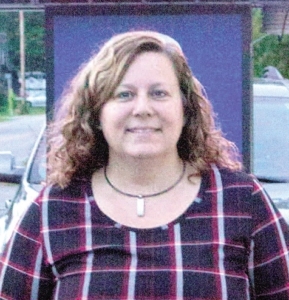


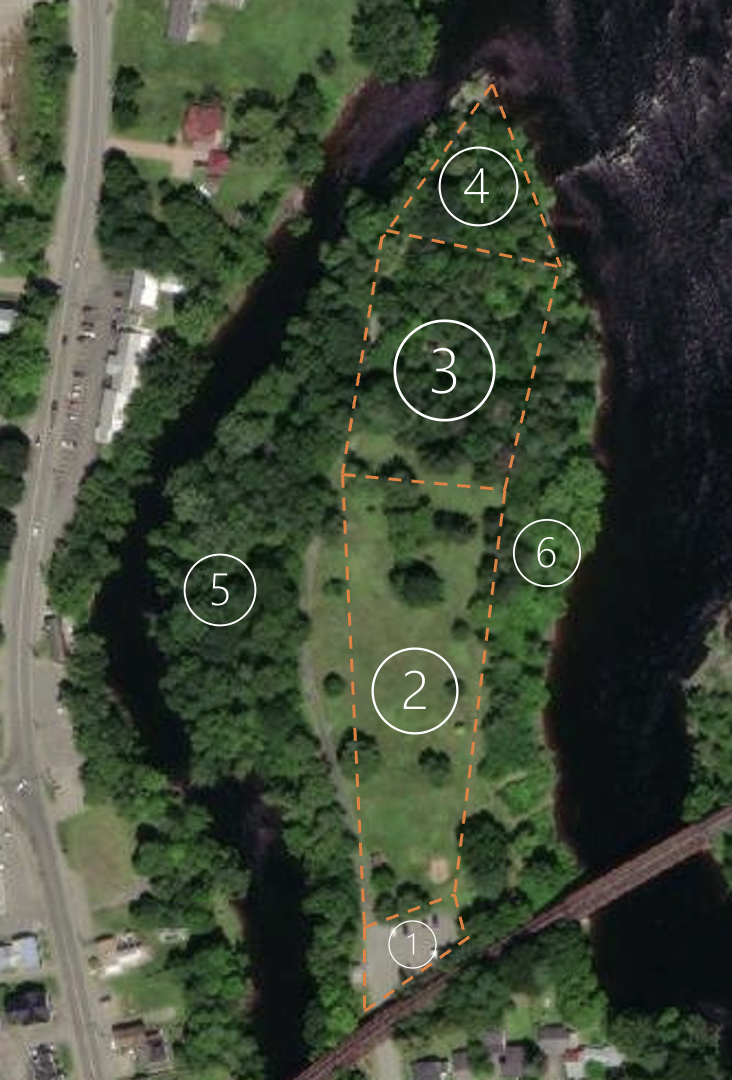

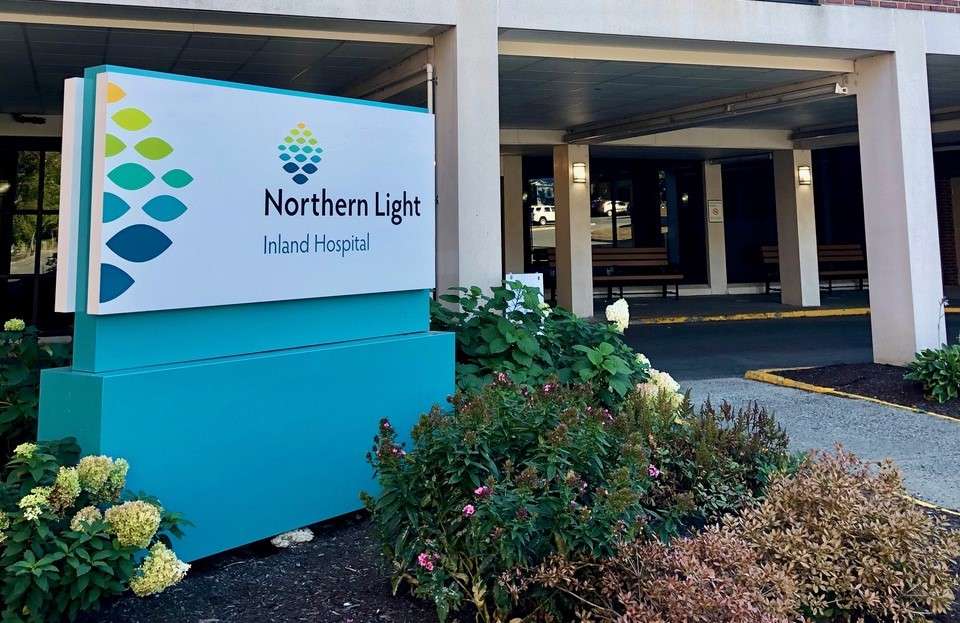 Recognized as a leader in the healthcare industry
Recognized as a leader in the healthcare industry
